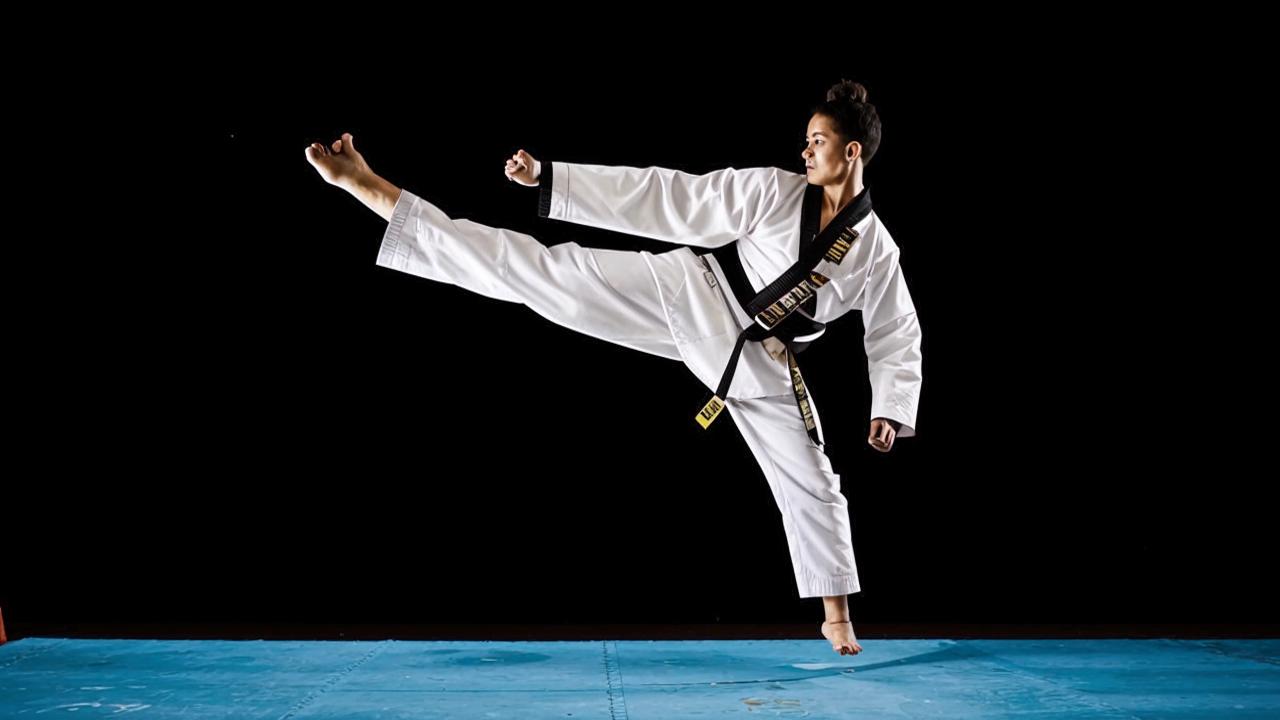We try to develop willpower to make it easier to achieve our goals. The ability to cope with limitations directly affects our health, performance in sports, career, financial status and personal relationships. But sometimes willpower reaches a painful state and we start having the wrong conversation with ourselves.
Excessive self-control can hinder the achievement of goals and lead to psychological problems. Together with a specialist we understand what factors influence the formation of willpower and how to control its limits.

psychologist, psychotherapist-practitioner
Willpower is a person’s ability to make decisions and take actions in accordance with his thoughts and feelings.
What is the paradox of willpower?
Many human goals are determined by an external source (social pressure, desire for a promotion at work, or fear of being judged). Such external motivation works great, but in the short term. It will only last as long as you find the external rewards satisfying. With intrinsic motivation, a person achieves their goals for themselves, not for the approval of others. Let’s try to understand the difference using a research example.
The participants of the experiment were asked about their intentions to follow a healthy lifestyle. When answering, they used declarative formulations – “I will meditate every day to…”, “I will start going to the gym to…”. Essentially, their goals are linked to extrinsic motivation based on the approval of others. For example, a friend invites you to a wedding and you make a promise to yourself to start dieting to be in shape for the event, not to take care of your health.

Research shows that we are better off using a questioning conversation with ourselves (“Will I?”). This is called the paradox of willpower. By switching from a declarative conversation with yourself to a questioning conversation with yourself, you will first consider whether you really want to start this diet. If your goal is valid, then you will start working on your body and you will have a better chance of succeeding because you will be driven by intrinsic motivation.
Don’t be too hard on yourself and ask yourself the question, “Can I do this?” before setting a goal.
In 2017, Michael Inzlit and Marina Milyavskaya conducted a study. They invited 159 students who had to control their desires for several weeks. Those who restricted themselves, at the end felt devastated and lost motivation to learn. Those who were rarely tempted were more successful and happier.
Source: Sage Journals, https://journals.sagepub.com/doi/abs/10.1177/1948550616679237.
Why did this happen?
- People with developed willpower enjoy things that cause many people to internally resist.
The inner motivation to eat right, exercise and study makes them happy. If they have set a goal to lead a healthy lifestyle and exercise, they do not treat these activities as necessary. Everything comes from the desire to take care of themselves, so it is easier for them to achieve these goals.

Olga: When achieving goals an athlete faces a huge number of obstacles. And only a person with developed moral and volitional qualities can overcome these obstacles, limitations directly related to sport, and unlock their potential through willpower. For an athlete, willpower is a key factor in achieving professional success. The effectiveness of the exercises performed depends on this quality. Sport and willpower are circularly dependent on each other: physical activity develops willpower, and willpower, in turn, should initially be a basic quality of the future athlete.
- Heredity determines a person’s temptations.
Genetically, some of us are more susceptible to temptation than others. A person’s conscious attitude to some things depends on heredity, so in terms of self-control these people are just lucky.
- Self-control is easier for financially independent people.
There is a scientific explanation for this statement. A person who has lived in restrictions since childhood is more prone to breakdowns. The fact is that poverty prevents people from caring about the future and forces them to live in the present. And when a piece of cake appears on the way after a few days of proper nutrition, it is absolutely necessary to eat it. Financially independent people have better willpower, so they will pass by a piece of cake that will interfere with their diet.
Any willpower has its limits. You can muster up the willpower to not eat calorie-dense food once or twice, but on the third time you will lose your self-control. In such situations, it is important not to focus on failures so that you do not feel shame, do not hide from people and do not turn a blind eye to the right and working ways of losing weight. Such inner uncompromisingness can hinder the achievement of goals.
According to psychologist, a big role in this issue plays a big role in the emotional intelligence of a person – the ability to identify and manage their emotions. To achieve goals, flexibility of thinking is necessary, allowing to change plans, helping to find contact and build relationships with other people, which are necessary for a favorable outcome. With this mindset, a person is better able to look for options, realize them and see new possibilities.

An uncompromising person has difficulty in relationships with others and does not see other ways. A lot of energy is spent on this, which leads to emotional burnout, neurosis and depression. Flexibility, variability and ability to see different possibilities help in easy achievement of goals.






